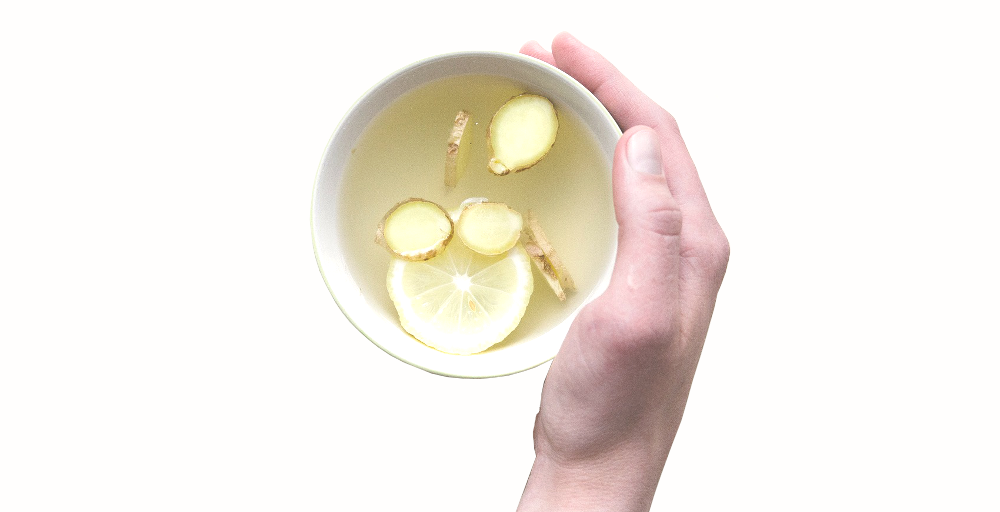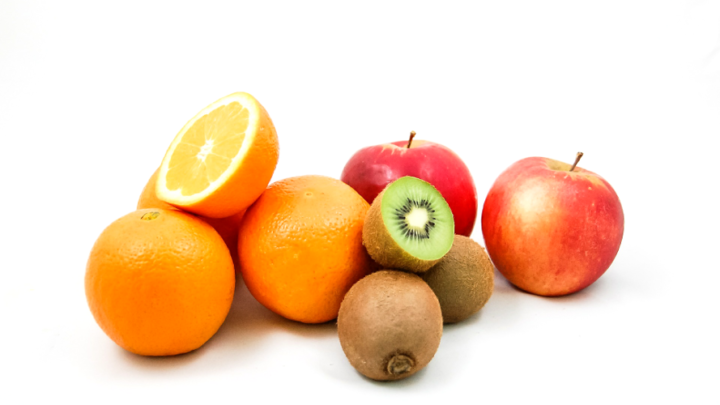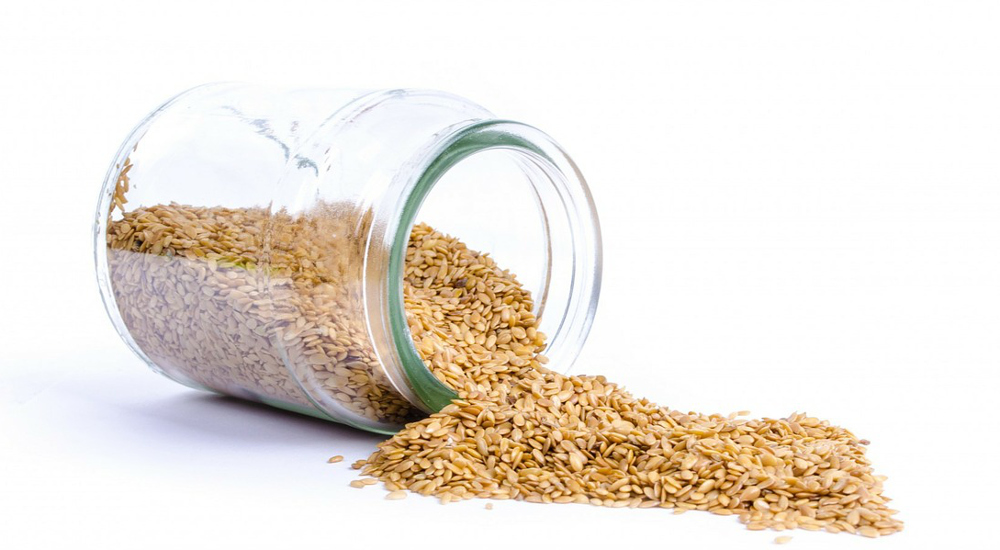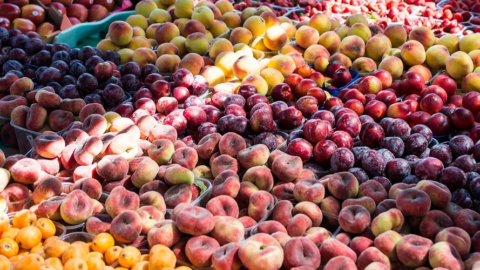Sugar is a hot topic these days; the new nutrient/food that society loves to hate. Not saying that it is not somewhat justified – as more and more health...
7 Foods that Help with Energy Deficiency
In North America, we suffer from energy deficiency. Of course, the causes vary: poor sleep, not enough time for relaxation, poor nutrition and maldigestion. Below are the foods that can assist in these areas, to deliver more consistent levels of energy.
Fruit.
Fruits are packed with water and nutrients, and are the easiest foods to digest. I recommend that people start their day with a piece of fruit and a glass of water. You can also sprinkle on some cinnamon or mint leaf powder to perk you up. If you are concerned about any effect of fruit on your blood-glucose level, have some nuts or seeds before you eat your fruit.
Gluten-Free.
More and more people are finding that they are sensitive to gluten, a component found in many grains. Gluten-containing grains include: wheat, rye, barley, spelt, kamut, and usually oats (due to cross-contamination). The result is that you do not digest those grains well, and in fact can lead to low energy, headaches, joint pain and a host of other possible symptoms. Instead, try alternate grains such as brown/wild rice, quinoa, or buckwheat.
Magnesium-Containing Foods.
Magnesium is a critical mineral for allowing your body to produce energy. It is also important for your bones, your mood, and to promote calm in your nervous system. The best sources of magnesium include leafy green vegetables (eg: spinach, chard), seeds and nuts (eg: pumpkin, sunflower, cashews), and legumes (eg: black beans, soy, and navy beans).
Foods that Facilitate Sleep.
In addition to the magnesium-containing foods, calcium containing foods also help your body get to sleep. This is because calcium also helps to allow your muscles and nerves to function properly. Excellent dietary sources of calcium include yoghurt, dark leafy greens (eg: collard, spinach), sardines, and sesame seeds.
Make your Food More Digestible.
If you can break your food down better, you will absorb your energy-promoting nutrients better. For starters, chew your food better…chew until it becomes liquidy, then swallow. Other ways to improve digestibility include soaking, and also fermenting your foods. For example, soak your uncooked oatmeal in water overnight before preparing it in the morning; similarly, soak your almonds overnight and they become sweeter, easier to bite into, and has a pleasing texture. Eating fermented vegetables can also improve your digestion overall; sauerkraut (fermented cabbage), miso (fermented soy), and beet kvass are some examples.
Timing Can Help.
Toast or cereal or bagels are too starchy and often do not include enough protein. Protein helps your metabolism to utilize the carbohydrates for energy production. Start your day with a breakfast that contains 15 grams of protein: two eggs, or 1 cup of beans, or yoghurt with seeds and fruit. If you tend to get tired after lunch, then lighten your lunch…again, excess carbohydrates, high fat foods and not enough nutrient-dense vegetables contribute to the post-lunch fatigue.
Herbal Teas.
Teas are part of your diet. To lower your chances of energy deficiency throughout the day, drink teas that have both adaptogenic and antioxidant properties, some teas to consider are white tea, rosemary and ginger.

Related Posts
Do you frequently find yourself exhausted before your workday is even over? Does the idea of settling in on the couch for the evening in front of the TV sound...
Do you frequently find yourself exhausted before your workday is even over? Does the idea of settling in on the couch for the evening in front of the TV sound...
Categories
- Allergy Relief
- Bell Lifestyle News
- Brain and Vision Health
- Depression
- Digestive Health
- Eating Healthy
- Energy Boosts
- Fitness
- Foods for Energy
- Heart and Lung Health
- Herbs
- Immune System Support
- Lifestyle
- Men's Health
- Mental
- Motivation
- Natural Remedies
- Nutrition
- Pain Relief
- Physical
- Recipes
- Relationships
- Sexual Health
- Skin and Hair Health
- Sleep Health
- Social
- Stress Relief
- Uncategorised
- Videos
- Weight Management
- Women's Health
- Your Wellness Now
Follow us on Twitter
#90 Bladder One for Women™ is a convenient one-a-day capsule for urinary tract health, featuring herbal extracts in… twitter.com/i/web/status/1…
May 2023Urinary tract infections - UTI: To treat or prevent? That is the question. Find out more about causes and treatme… twitter.com/i/web/status/1…
May 2023"How you feel is very important to how you look. Healthy equals beautiful." - Victoria Principal #womenshealth https://t.co/OPShoEbOXb
May 2023
© Copyright 2025. All rights reserved.




